XII. New Paradigm Workshop - Resetting the Economy after the Crises
8/May/2023
10 - 6.30 CET
PLACE
Alice Rooftop
LANGUAGE
English
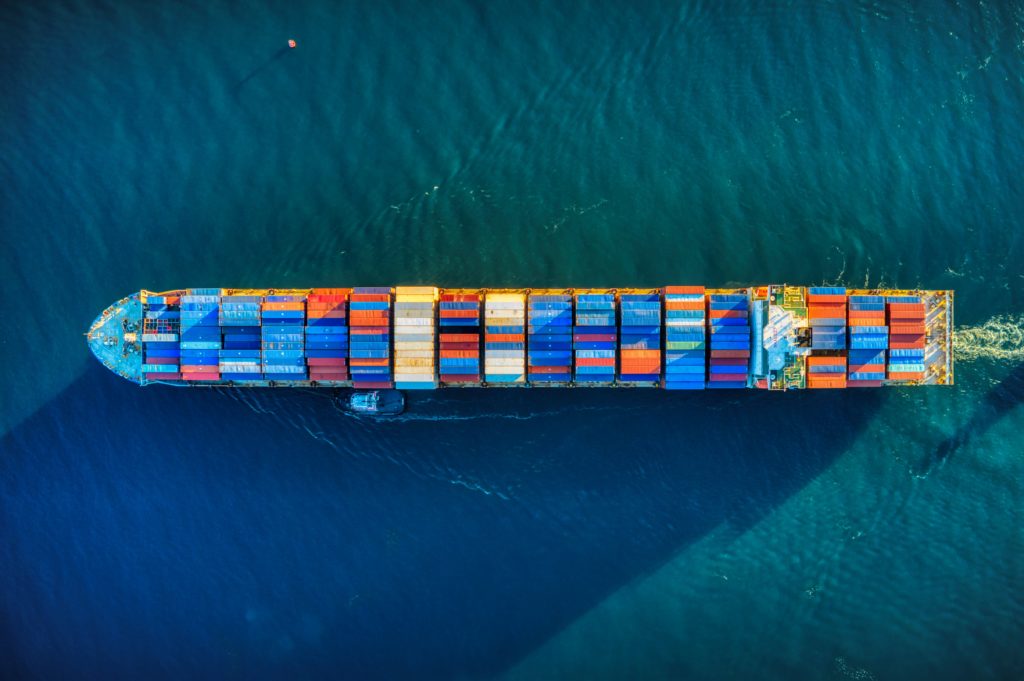
The COVID-19 pandemic, the energy crisis and the sudden rise in inflation all had profound effects on the economy in Germany and worldwide. These shocks have exposed the vulnerabilities of a highly open economy like Germany’s, which must now be addressed as part of a revised approach to globalisation.
The energy shock has accelerated the ongoing transformation towards climate neutrality, and the return of largely supply-driven inflation raises the question of whether monetary policy alone is capable of taming rising price levels.
We have invited top international experts to our upcoming New Paradigm Workshop to draw lessons from recent crisis responses, to look beyond the current energy shock. What will the economy look like in the future? How will Germany and other major countries adapt to accelerated change? What do the new rules mean for globalisation and how can inflation be controlled in the future?
We cordially invite you to join in the discussion.
9.30 am
WELCOME AND COFFEE
10.00 am
INTRODUCTION – THOMAS FRICKE (FORUM NEW ECONOMY)
Lessons From the Energy Crisis – How to Prepare for the Next Shock
PAPER PRESENTATION: TOM KREBS (UNIVERSITY OF MANNHEIM & FORUM NEW ECONOMY)
CLAUDIA KEMFERT (LEUPHANA UNIVERSITY LÜNEBURG & DIW BERLIN)
FRAUKE THIES (AGORA ENERGIEWENDE)
ACHIM WAMBACH (ZEW MANNHEIM)
MODERATION: CÉCILE BOUTELET (LE MONDE)
11.30 am
Transformation of the German Economy after Corona and the Energy Crisis
KEYNOTE: ROBERT HABECK (VICE-CHANCELLOR AND MINISTER FOR ECONOMIC AFFAIRS AND CLIMATE ACTION)
KEYNOTE: MARIANA MAZZUCATO (UCL INSTITUTE FOR INNOVATION AND PUBLIC PURPOSE, LONDON)
TALK WITH PHILIPP STEINBERG (HEAD OF ECONOMIC STABILIZATION AND ENERGY SECURITY, MINISTRY FOR ECONOMIC AFFAIRS AND CLIMATE ACTION)
MODERATION: NICOLA BRANDT (OECD BERLIN)
12.30 pm
LUNCH BREAK ON THE ROOFTOP TERRACE
1.30 pm
NEW PARADIGM SPEED DATING:
Between Energy Shock and Energy Transition – Is Germany Facing Deindustrialisation?
JANEK STEITZ (DEZERNAT ZUKUNFT, BERLIN)
MICHAEL HÜTHER (GERMAN ECONOMIC INSTITUTE, COLOGNE)
MODERATION: CÉCILE BOUTELET (LE MONDE)
2.00 pm
Redefining the German Export Model: Towards a Better Managed Globalisation in Times of Geopolitical Risk?
PAPER PRESENTATION: SHAHIN VALLÉE (DGAP, BERLIN/PARIS), SANDER TORDOIR (CER, LONDON)
PANEL:
KATRIN KAMIN (KIEL INSTITUTE FOR THE WORLD ECONOMY)
DALIA MARIN (TECHNICAL UNIVERSITY OF MUNICH)
KLAUS DEUTSCH (BDI FEDERATION OF GERMAN INDUSTRIES, BERLIN)
SEBASTIAN DULLIEN (IMK MACROECONOMIC POLICY INSTITUTE, DÜSSELDORF)
MODERATION: THOMAS FISCHERMANN (DIE ZEIT)
3.30 pm
COFFEE BREAK
4.00 pm
After the Price Shock – Time to Rewrite the Rules on How to Fight Inflation?
STUDY PRESENTATION: A new paradigm for the fight against inflation
JÉRÔME CREEL (OFCE, PARIS)
KEYNOTE: PHILIP LANE (MEMBER OF THE EXECUTIVE BOARD, ECB)
PANEL:
PHILIP LANE (MEMBER OF THE EXECUTIVE BOARD, ECB)
JÉRÔME CREEL (OFCE, PARIS)
ISABELLA WEBER (UNIVERSITY OF MASSACHUSETTS AMHERST)
ULRIKE MALMENDIER (v) (UC BERKELEY; GERMAN COUNCIL OF ECONOMIC EXPERTS)
KERSTIN BERNOTH (DIW BERLIN)
MODERATION: TORSTEN RIECKE (HANDELSBLATT)
6.00 pm
NEW PARADIGM SPEED DATING:
When and how to use price controls
ISABELLA WEBER (UNIVERSITY OF MASSACHUSETTS AMHERST)
COMMENTS BY ANATOLE KALETSKY (GAVEKAL DRAGONOMICS)
6.30 pm
ROOFTOP BREAK
Transformative Responses to Crises
– A talk with GERHARD SCHICK (FINANZWENDE RECHERCHE)
7.30 pm
DINNER SESSION (INVITE-ONLY)
Are moments of crisis beneficial? – Lessons from the Energy Shock and the Pandemic
LAURENCE TUBIANA (EUROPEAN CLIMATE FOUNDATION)
JENS SPAHN (VICE CHAIRMAN OF CDU/CSU PARLIAMENTARY GROUP)
ALENA BUYX (TECHNICAL UNIVERSITY OF MUNICH & GERMAN ETHICS COUNCIL)
PHILIPP STEINBERG (GERMAN MINISTRY FOR ECONOMIC AFFAIRS AND CLIMATE ACTION)
JULIA FRIEDRICHS (JOURNALIST AND AUTHOR)
GERHARD SCHICK (FINANZWENDE RECHERCHE)
MODERATION: ANNE ZWEYNERT, THOMAS FRICKE (FORUM NEW ECONOMY)
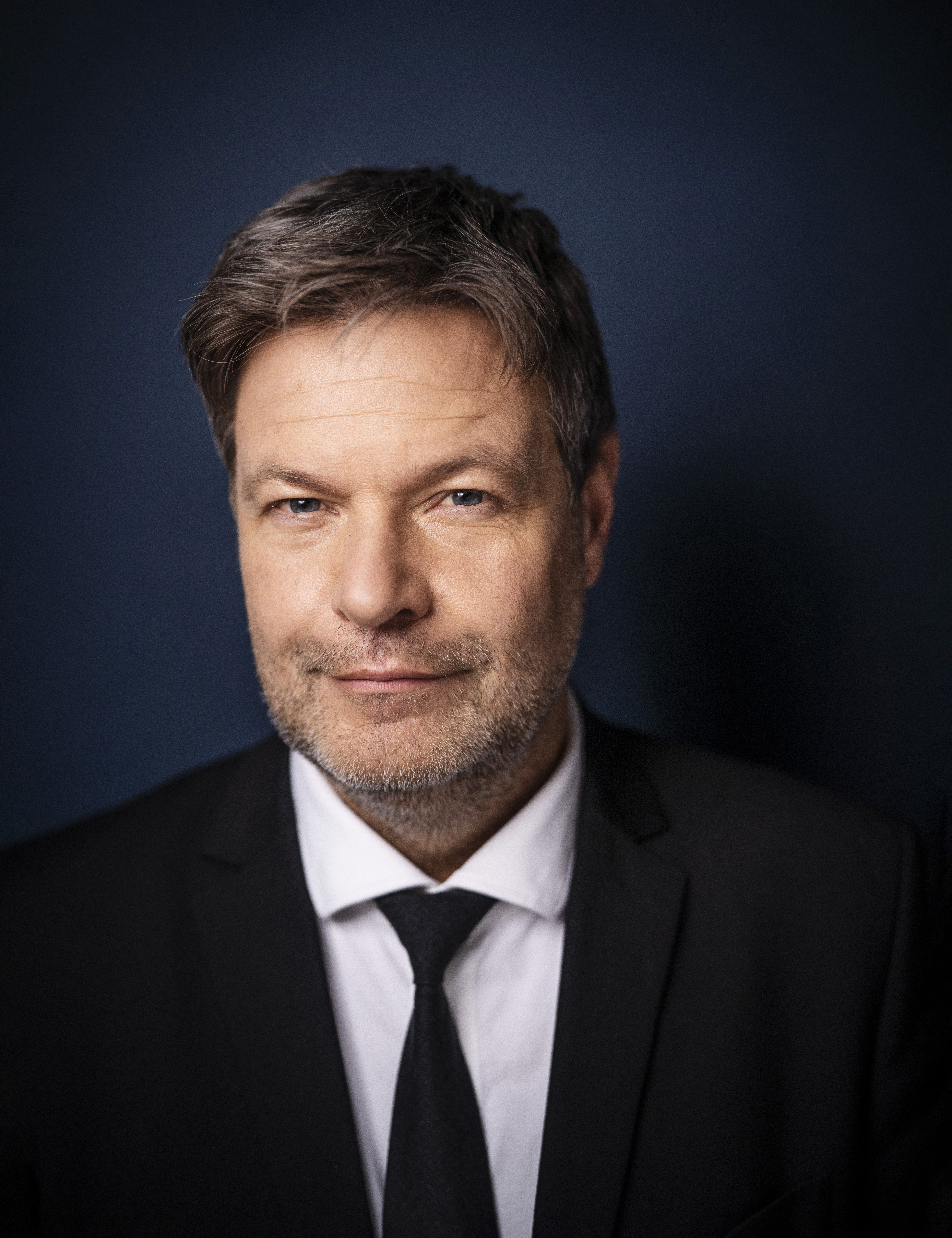
Robert Habeck
has been Federal Minister for Economic Affairs and Climate Protection and Vice-Chancellor since December 2021. After receiving his doctorate in philosophy, he headed the Ministry of the Environment in Schleswig-Holstein from 2012 and held the party chair of BÜNDNIS 90/DIE GRÜNEN together with Annalena Baerbock from 2018 to 2022.
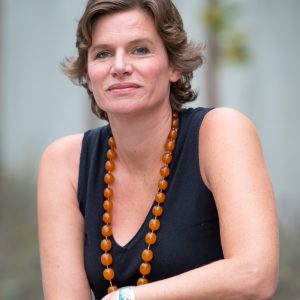
Mariana Mazzucato
is Professor in the Economics of Innovation and Public Value at University College London (UCL), where she is Founding Director of the Institute for Innovation & Public Purpose (IIPP). She is winner of international prizes including the 2018 Leontief Prize for Advancing the Frontiers of Economic Thought and the 2020 John von Neumann Award and an award-winning book author. She advises global policy makers and is Chair of the World Health Organization’s Council on the Economics of Health for All and a member of the UN’s High-level Advisory Board (HLAB) on Economic and Social Affairs.
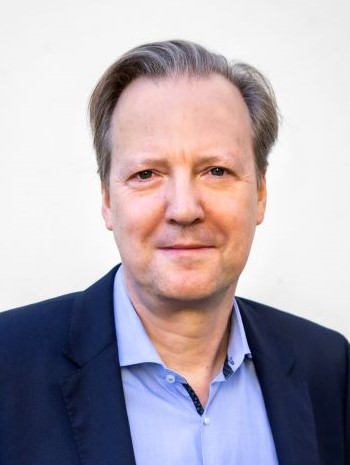
Tom Krebs
is Professor of Macroeconomics at the University of Mannheim and Senior Fellow at the Forum New Economy. Before coming to the University of Mannheim, he conducted research in the US and taught at Brown University, Columbia University and the University of Illinois.
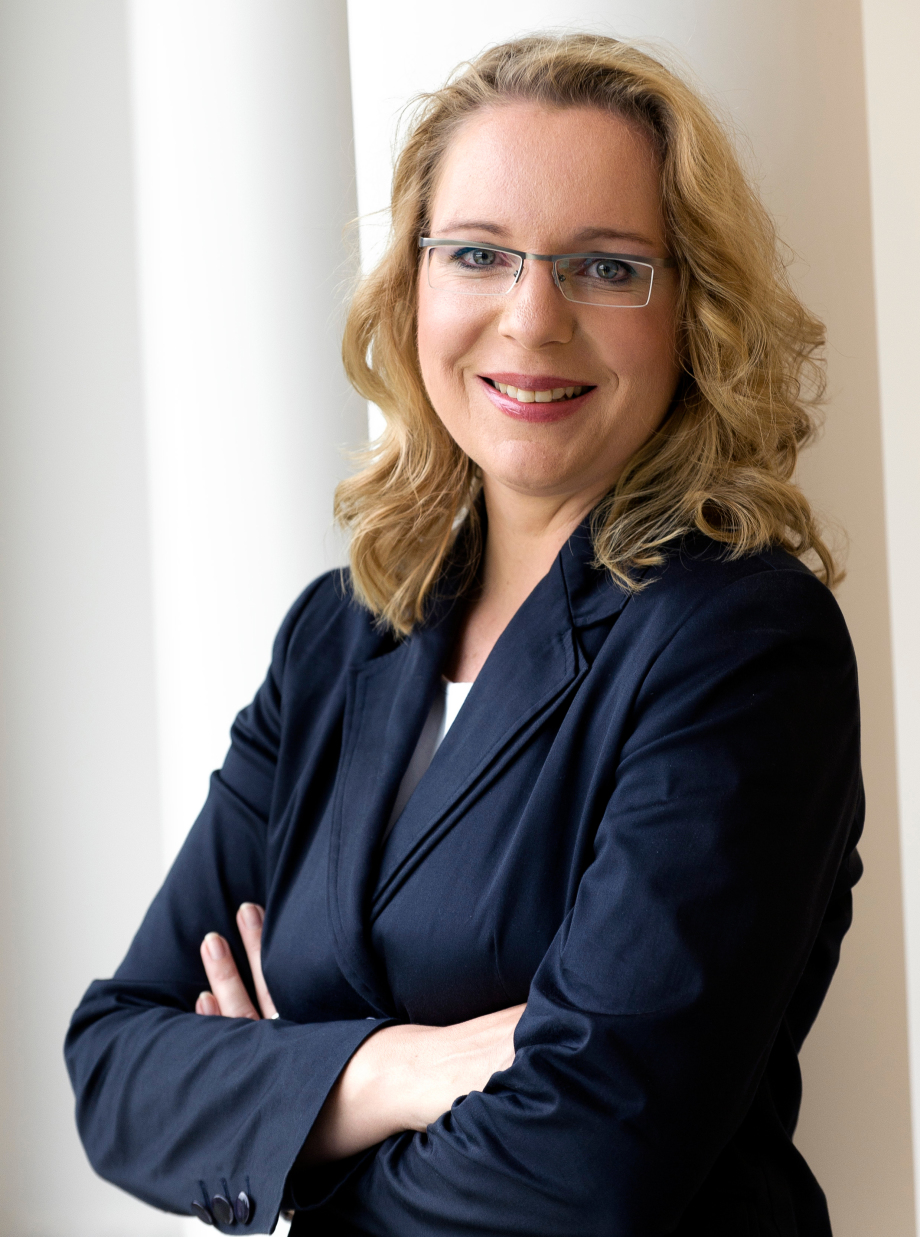
Claudia Kemfert
is Head of Department Energy, Transport, Environment at the German Institute for Economic Research (DIW). The professor of energy economics and policy at Leuphana University regularly advises official bodies at German and EU level.
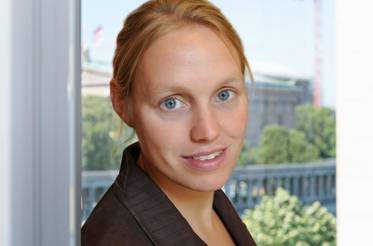
Frauke Thies
is Executive Director of the think tank Agora Energiewende. Previously, the environmental and economic scientist led various organisations in the climate protection and energy sector, most recently at Open Society Foundations in Brussels.
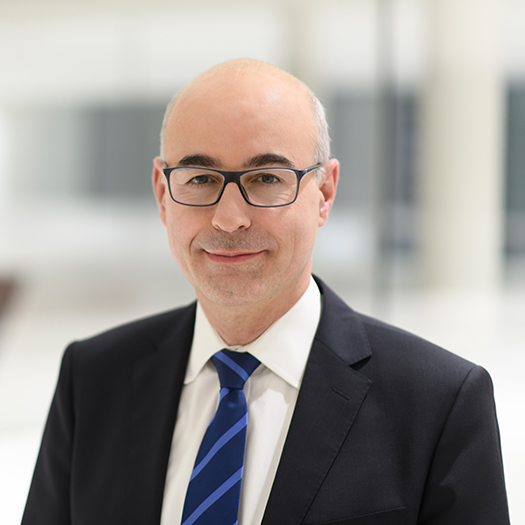
Achim Wambach
is President of the Centre for European Economic Research (ZEW). From 2014 to 2022, he was a member of the Monopolies Commission and from 2018 to 2019, he was Co-Chair of the Competition Law 4.0 Commission of the Federal Ministry of Economic Affairs.
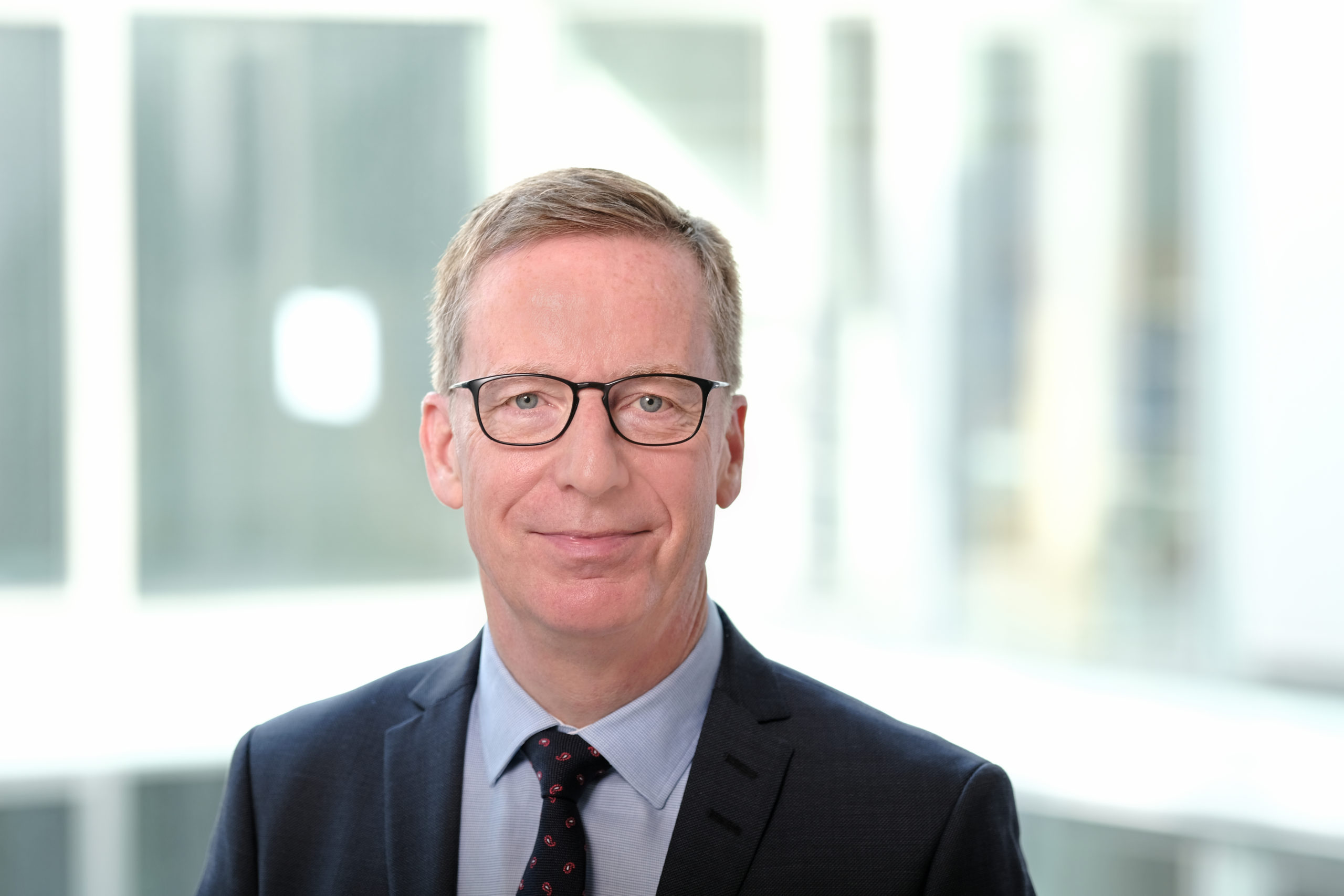
Michael Hüther
is Director and Member of the Executive Board at the Institut der Deutschen Wirtschaft (IW Cologne), an Honorary Professor at the EBS Business School in Oestrich-Winkel, and a member of numerous supervisory boards and commissions.
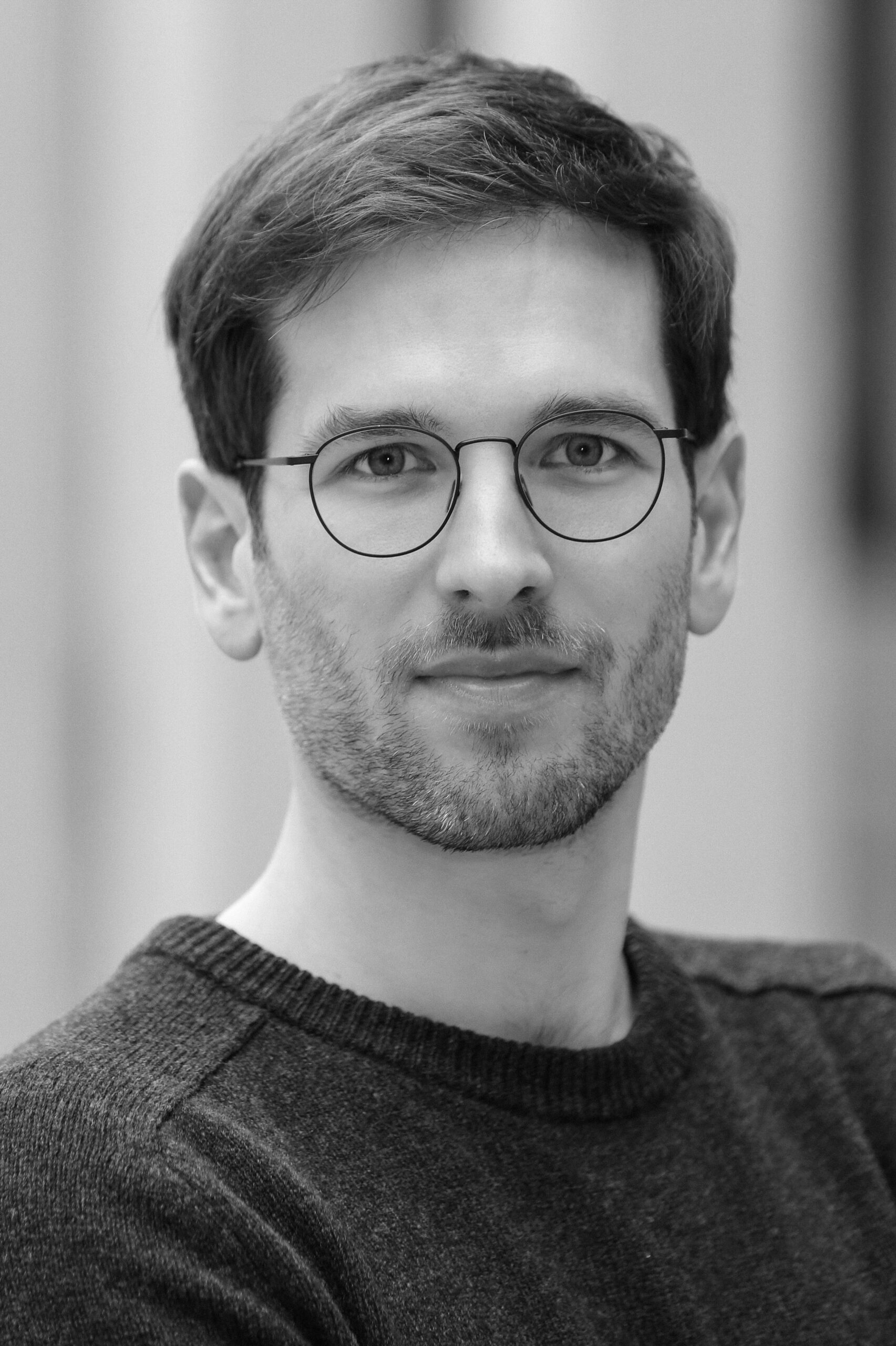
Janek Steitz
is co-director of the think tank Dezernat Zukunft, where he works on the macroeconomic implications of the green transformation. Previously, he worked for Agora Energiewende and in 2021, together with Tom Krebs, forecast the public financing needs for climate investments until 2030 in a Forum New Economy Working Paper.
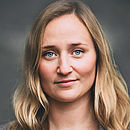
Katrin Kamin
is Deputy Director of the Trade Policy Research Centre and co-leads the Geopolitics and Economics Initiative at the Kiel Institute for the World Economy with Christoph Trebesch. She researches international trade and international political economy with a special focus on geoeconomics.
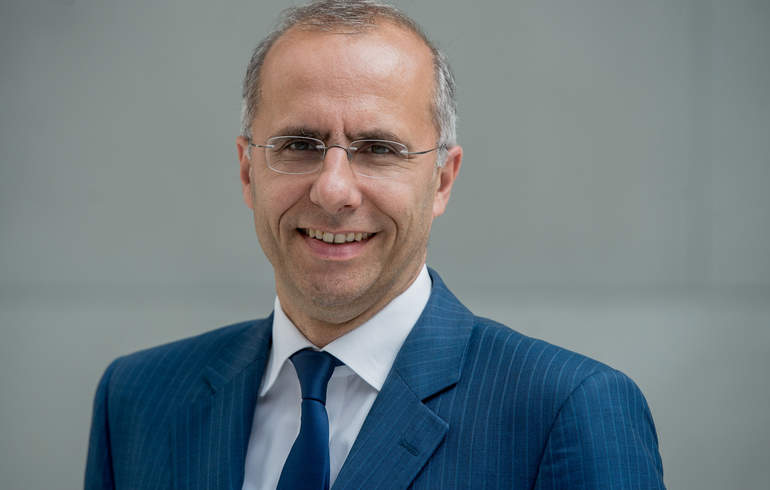
Klaus Deutsch
heads the Department of Research, Industrial, and Economic Policy at the Federation of German Industries (BDI). Previously, he worked as a Senior Economist with Deutsche Bank Research.
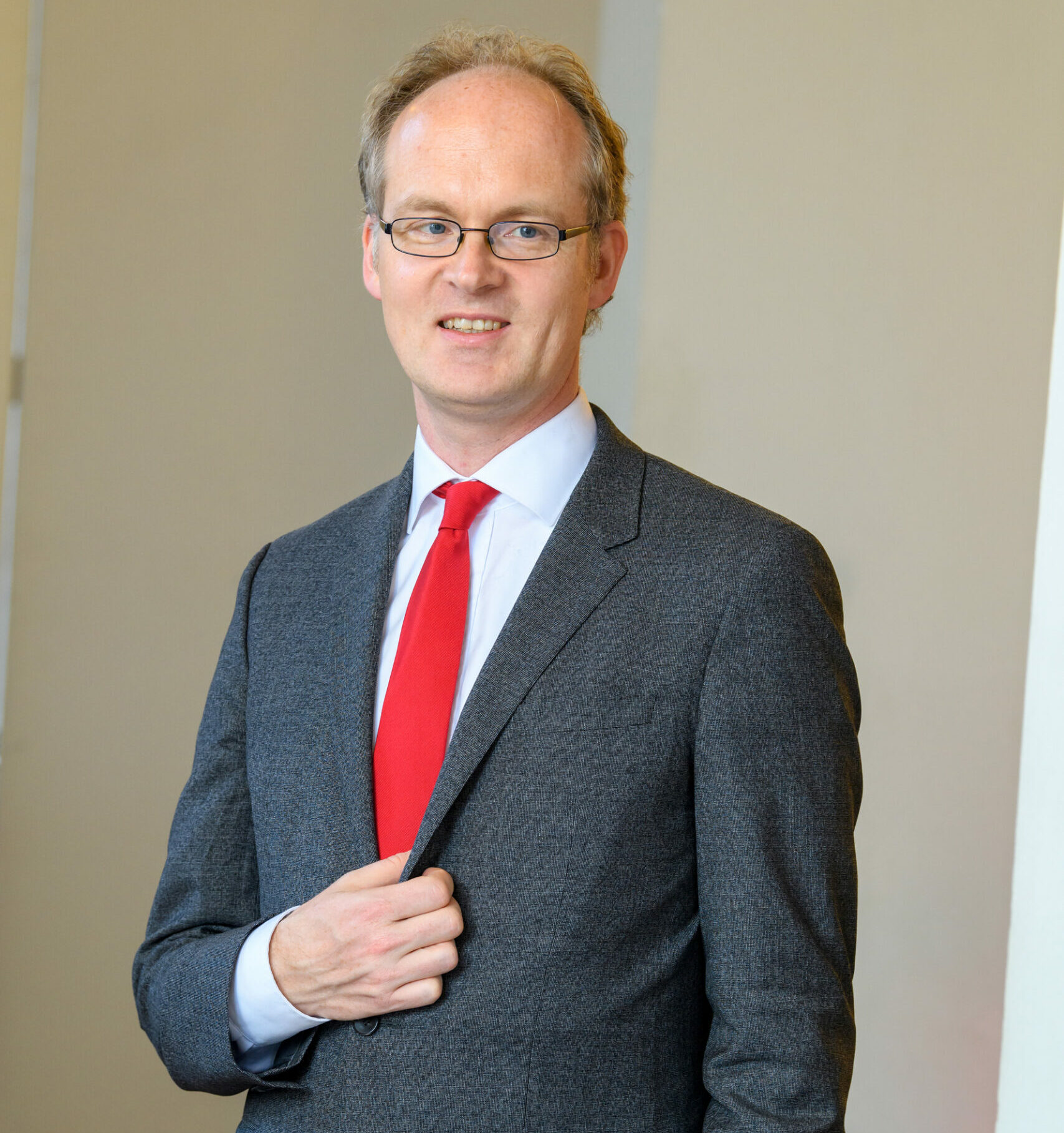
Sebastian Dullien
is Scientific Director of the Macroeconomic Policy Institute (IMK) at the Hans Böckler Foundation and Professor at the HTW Berlin. His research focuses primarily on international economic relations.
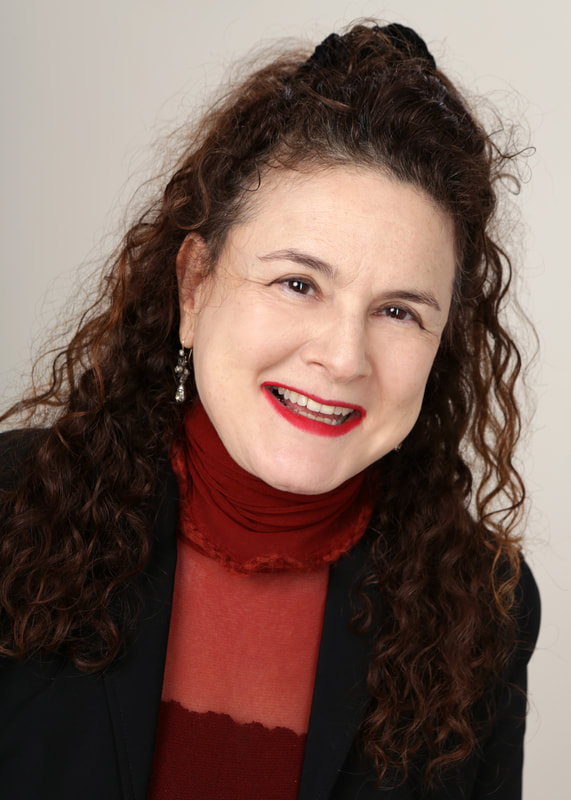
Dalia Marin
is Professor of International Economics at the Technical University of Munich and Senior Research Fellow at Bruegel and CEPR. From 1998 to 2017, she held the professorship of International Economics at Ludwig-Maximilians-Universität Munich.
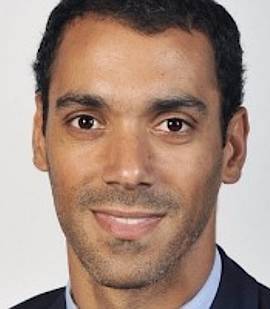
Shahin Vallée
is a Senior Research Fellow at the Centre for Geopolitics, Geo-economics and Technology of the German Council on Foreign Relations (DGAP). Previously, the economist advised Soros Fund Management, the French Ministry of Economy and Finance and the President of the European Council, among others.
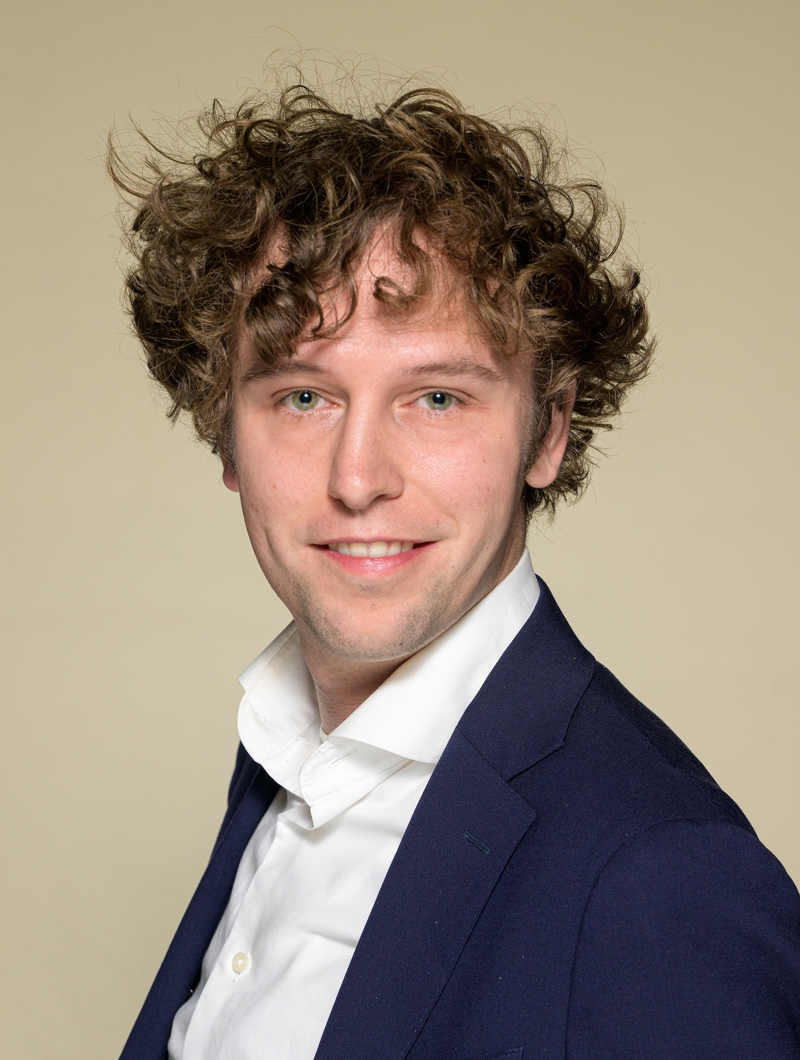
Sander Tordoir
is a Senior Economist at the Centre for European Reform, where he works on monetary and fiscal policy in the Eurozone. Previously, he worked as an advisor to the ECB's representative at the IMF.
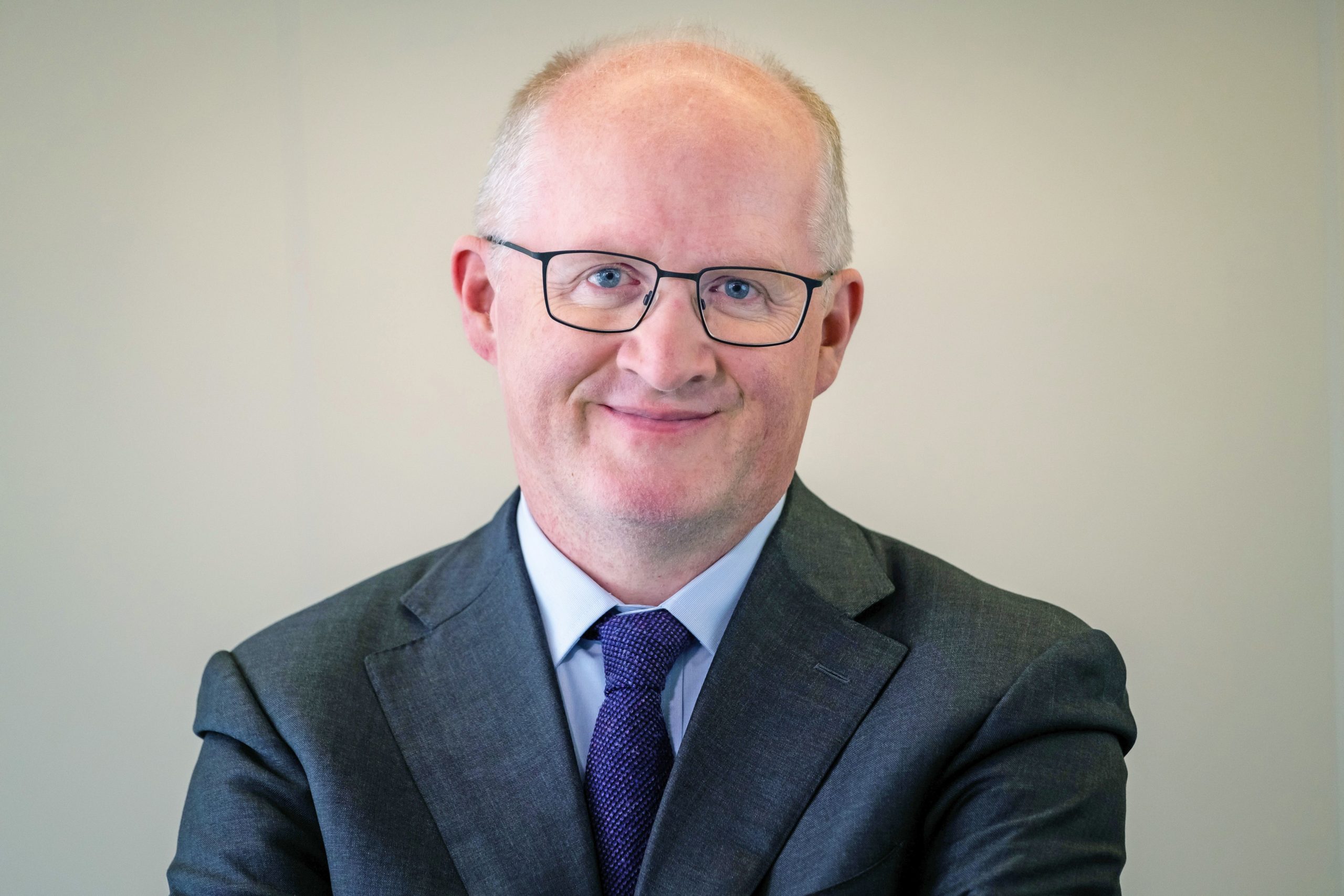
Philip R. Lane
joined the European Central Bank as a Member of the Executive Board in 2019. He is responsible for the Directorate General Economics and the Directorate General Monetary Policy. Before joining the ECB, he was the Governor of the Central Bank of Ireland. He has also chaired the Advisory Scientific Committee and Advisory Technical Committee of the European Systemic Risk Board and was Whately Professor of Political Economy at Trinity College Dublin.
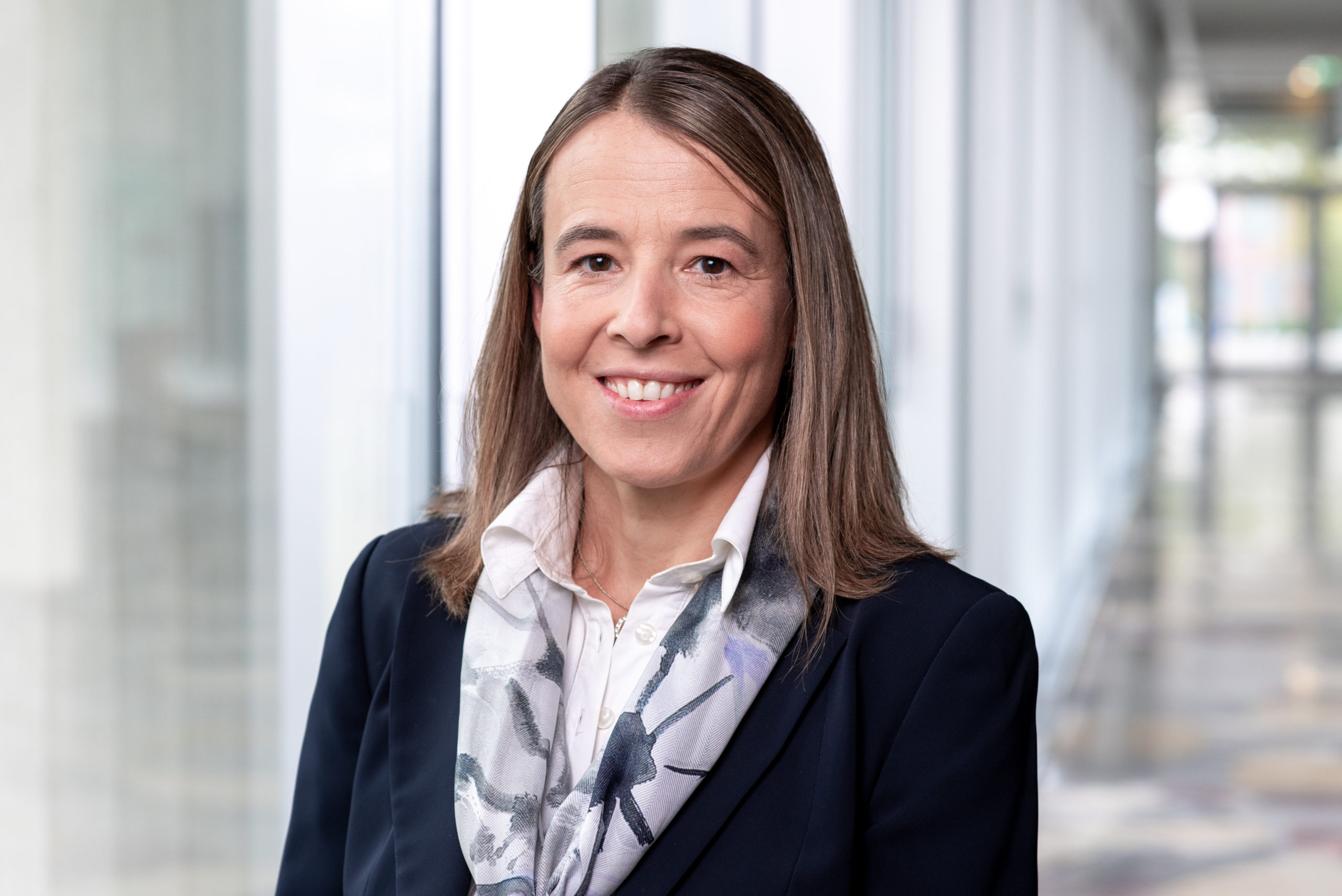
Ulrike Malmendier
is a member of the German Council of Economic Experts and a professor at the University of California at Berkeley. Her research focuses on behavioural economics. She is also a fellow at numerous research centres (including the NBER, CEPR, CESifo, IZA).
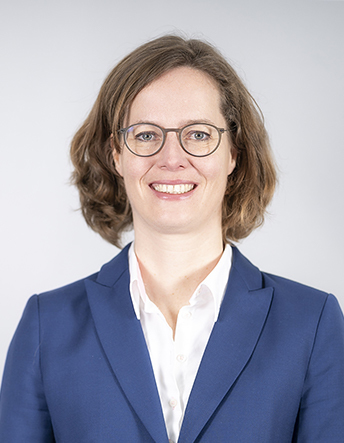
Kerstin Bernoth
is Deputy Head of Department Macroeconomics at the German Institute for Economic Research (DIW) Berlin and Vice Dean of Graduate Studies at the DIW Graduate Center. Before joining DIW, she worked in the research department of the Netherlands Central Bank in Amsterdam. Her research focuses on monetary policy, international economics, financial stability and empirical macroeconomics. Since 2015, she has been a member of the Monetary Expert Panel of the European Parliament.
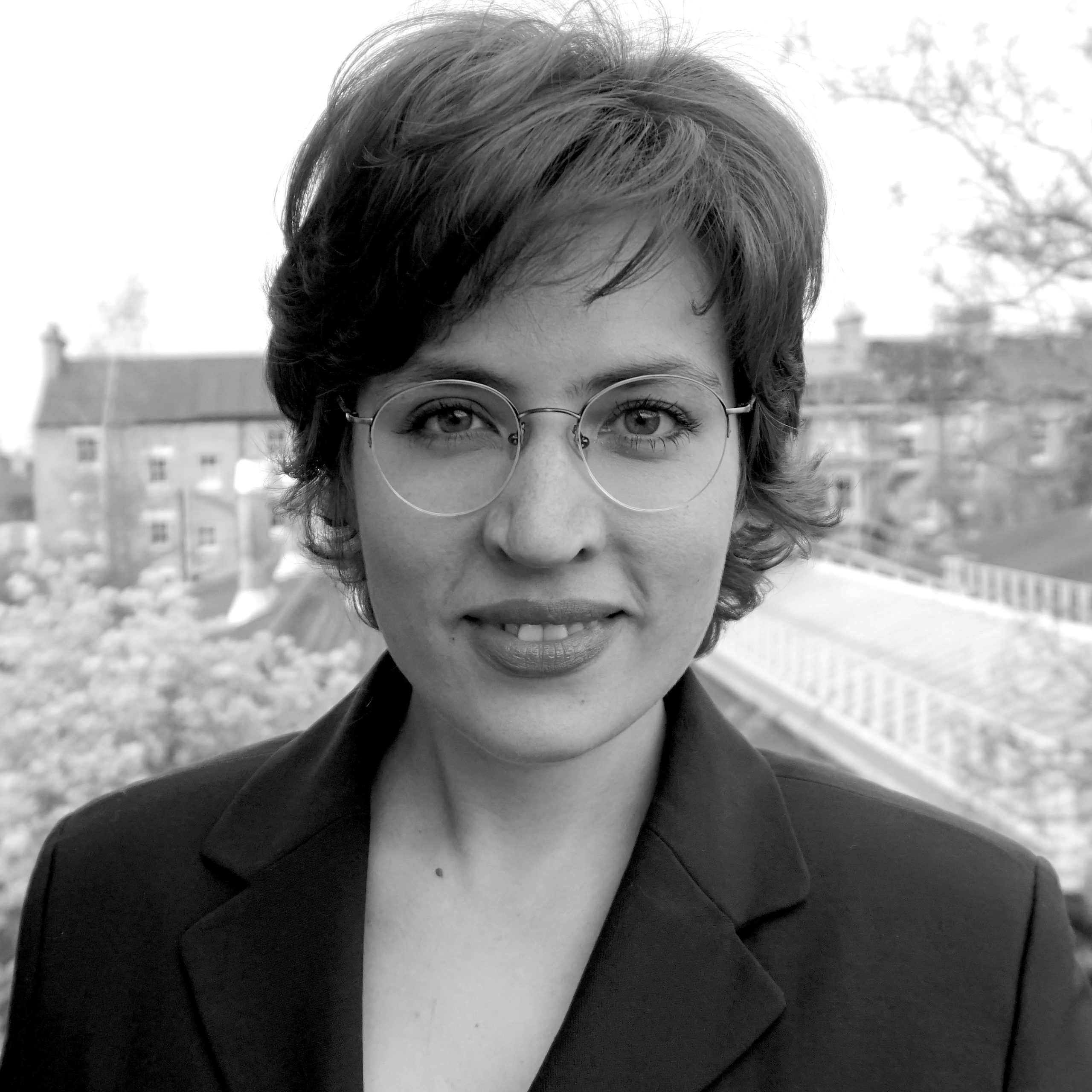
Isabella Weber
is assistant professor at the University of Massachusetts Amherst. Her research focuses on China, global trade and economic history. Her book How China Escaped Shock Therapy was awarded the Joan Robinson Prize in 2021. In May 2022, together with Sebastian Dullien, she presented her idea for price controls on the gas market at our New Paradigm Workshop, which was later taken up by the German government.
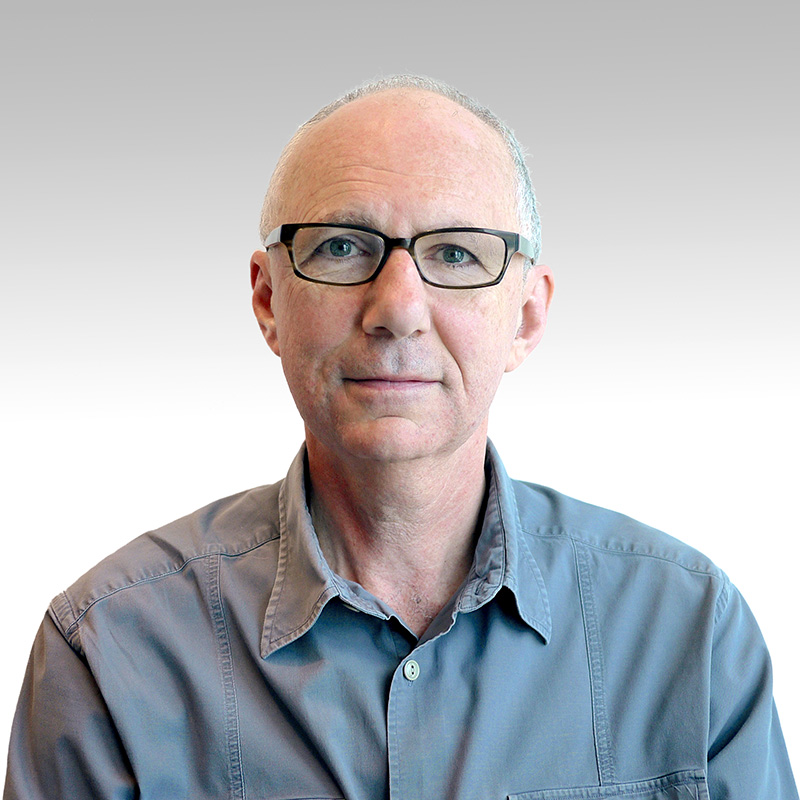
Anatole Kaletsky
is co-founder, chairman and chief economist of Gavekal. Before founding Gavekal he worked for 30 years as an economic journalist and commentator at the Financial Times, The Economist, and the London Times. He is also chairman of the Institute for New Economic Thinking. His book Capitalism 4.0, on the post-crisis transformation of the global economy, was nominated for the 2011 Samuel Johnson Prize.
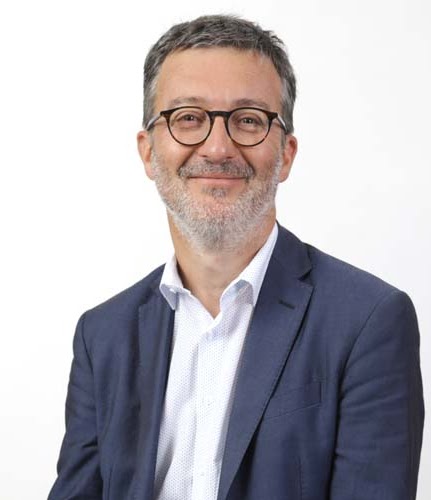
Jérôme Creel
heads the research department of the Observatoire Français des Conjonctures Économiques (OFCE) at the Institut d'études politiques de Paris (Sciences Po). His research focuses on European integration and the macroeconomics of the euro area.
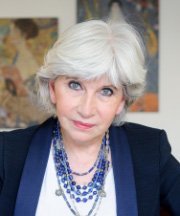
Laurence Tubiana
is CEO of the European Climate Foundation (ECF). In addition to her role at ECF, she is the Chair of the Board of Governors at the French Development Agency, and a Professor at Sciences Po, Paris. Before joining ECF, Laurence was France’s Climate Change Ambassador and Special Representative for COP21, and as such a key architect of the Paris Agreement.
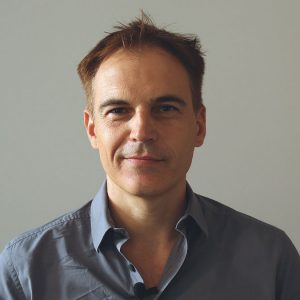
Gerhard Schick
is executive director of the non-governmental organisation Bürgerbewegung Finanzwende. The economist was a member of the Bundestag for Bündnis 90/Die Grünen from 2005 to 2018 and was the financial policy spokesperson for his parliamentary group for ten years.
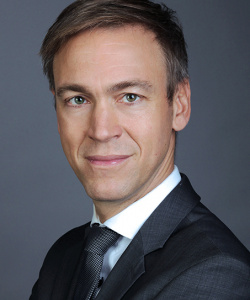
Philipp Steinberg
has headed the newly created Economic Stabilisation and Energy Security Department at the Ministry for Economic Affairs and Climate Action since October 2022 and previously led the Economic Policy Department. Before joining the ministry, he worked for a major law firm and for the SPD party executive board. Steinberg holds a doctorate in economic and tax law and has written books on the financial crisis and the reform of the Eurozone.
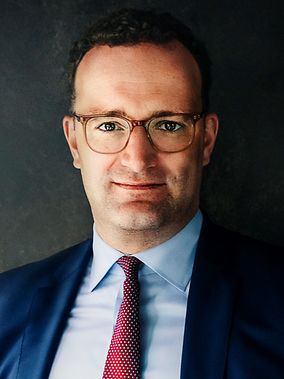
Jens Spahn
is the deputy chairman of the CDU/CSU parliamentary group in the Bundestag and responsible for the topics of economy, climate and energy. Before his term as Federal Minister of Health, he was Parliamentary State Secretary in the Federal Ministry of Finance from 2015 to 2018.
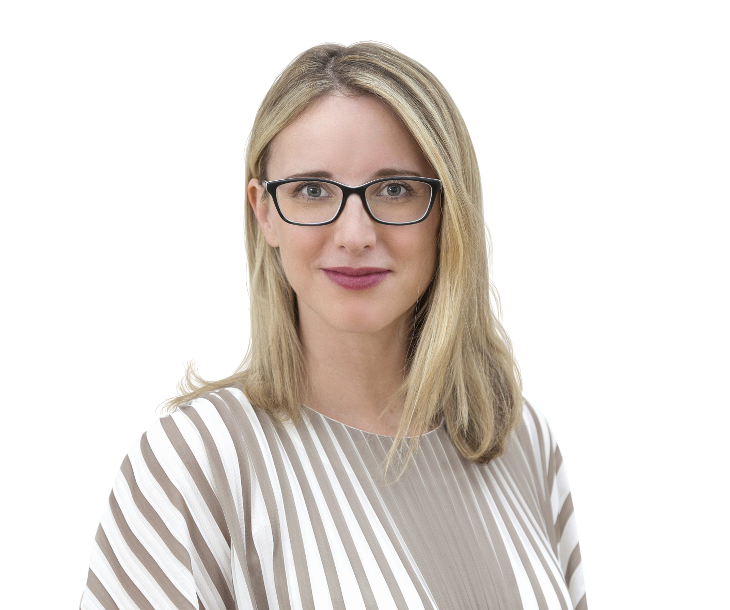
Alena Buyx
is Chair of the German Ethics Council and Professor of Medical Ethics as well as Institute Director at the Technical University of Munich. As a member of expert panels, she has advised the WHO on issues of human genome editing and the German government during the Covid-19 pandemic.
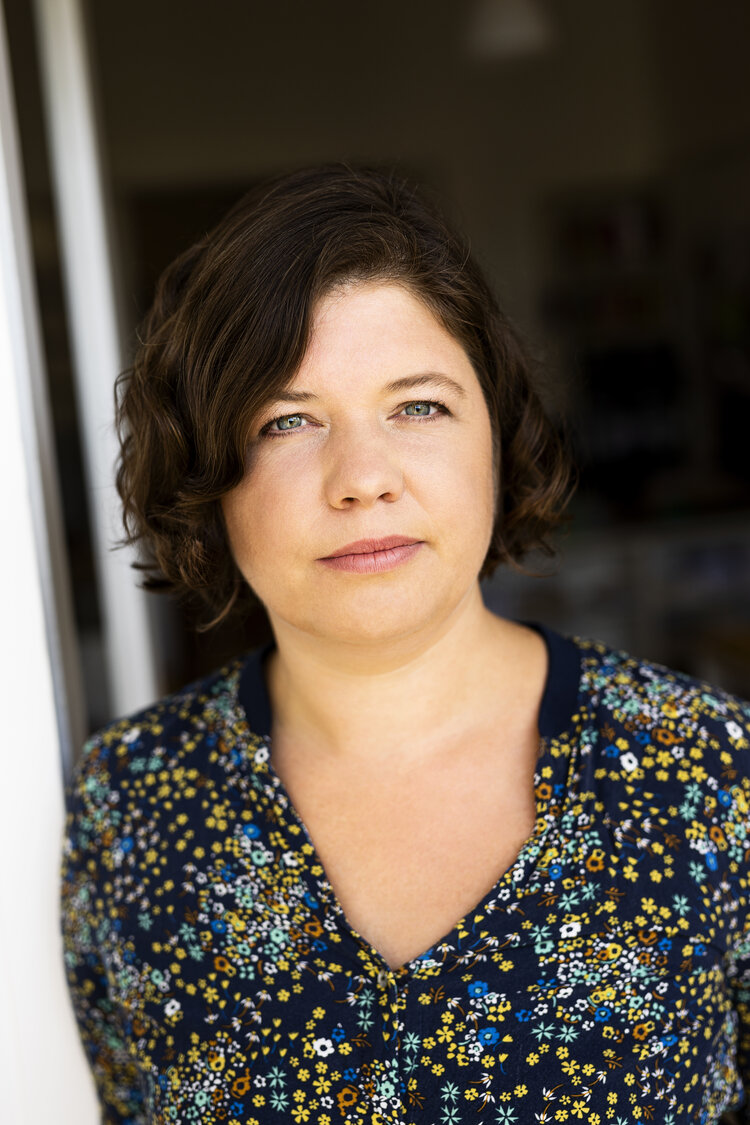
Julia Friedrichs
is a reporter, filmmaker, and non-fiction author who writes regularly for DIE ZEIT and ZEIT Magazin. Her reportages and bestselling books (e.g. "Gestatten: Elite", "Wir Erben", "Working Class") have received many awards, including the Otto Brenner Prize for critical journalism, the Hans Matthöfer Prize for economics journalism (special prize) 2022, and the Grimme Prize.
